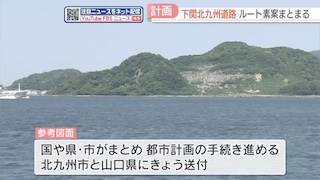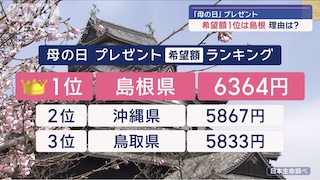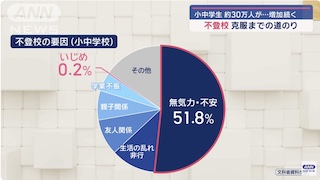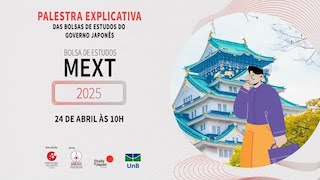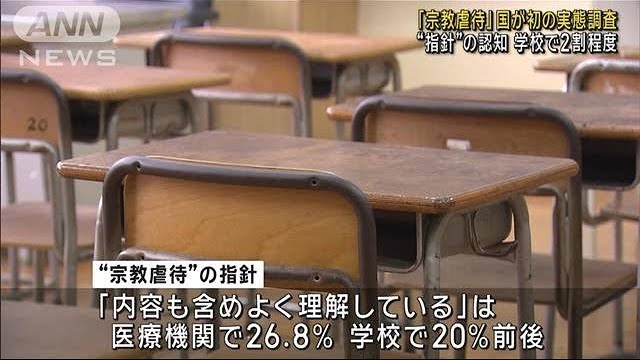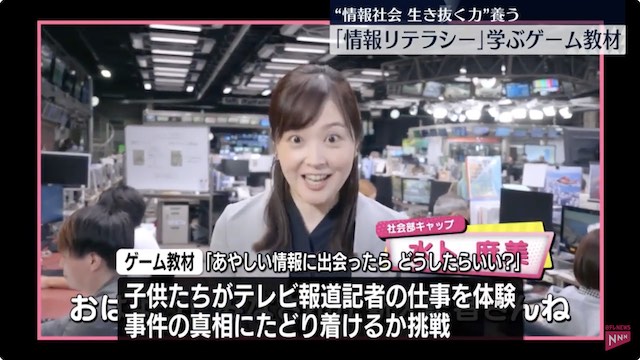KYOTO, Apr 14 (News On Japan) - Kyoto City is set to implement a system that allows even non-working parents to place their children in daycare, aiming to enhance the child-rearing environment.
This move addresses the needs of those who have previously been ineligible due to not meeting work-hour requirements.
Starting in July, 13 facilities in Kyoto will begin accepting children under this new system, which allows parents to enroll their children in daycare for specified hours, regardless of employment status. This pilot initiative, part of a national effort to combat declining birth rates, will officially start in the 2026 fiscal year.
Despite the optimistic outlook from parents who appreciate the flexibility, the scheme increases the burden on childcare providers. Daily adjustments are required for children who are not accustomed to group settings, particularly for those with allergies, which presents a significant challenge when care is infrequent.
Securing enough qualified childcare professionals remains a critical issue. With a continuing shortage of caregivers, the sector is under pressure, and the city's stringent budget constraints make substantial improvements difficult. However, Kyoto aims to gradually address these challenges, although comprehensive solutions are still needed.
The discussion around this policy highlights the need for societal involvement in childcare and raises concerns about the potential for generational divisions. As discussions continue, the implementation of this policy will require careful consideration of its impact on both families and childcare providers.
Source: KTV NEWS




